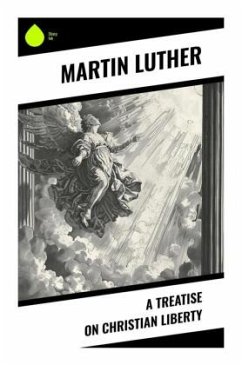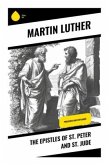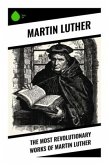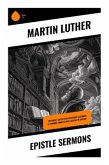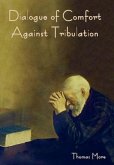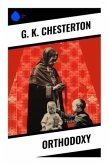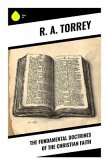Martin Luther's "A Treatise on Christian Liberty" is a seminal work that articulates the profound theological ideas surrounding the concepts of faith, grace, and the liberating power of Christ's sacrifice. Written in 1520 during the Reformation, this treatise blends rigorous theological argumentation with accessible prose, emphasizing the dichotomy between the bondage of sin and the freedom bestowed by divine grace. Luther employs biblical exegesis and personal reflection, inviting readers to comprehend the transformative nature of true Christian liberty, free from the shackles of societal and ecclesiastical constraints. Luther, a former monk turned reformer, was deeply influenced by his own struggles with sin and the institutional practices of the Church. His convictions, ignited by a quest for spiritual authenticity, inspired him to advocate for a faith grounded in scripture rather than tradition. As a formidable theologian, he sought to elevate the importance of individual believer's access to divine grace, reflecting the socio-political upheaval of his time and paving the way for subsequent theological discourse. This treatise is essential reading for those seeking theological insight into the essence of Christian freedom. It resonates with contemporary discussions on faith and personal autonomy, inviting readers to explore themes that are as relevant today as they were in Luther's time. Whether you are a student of theology, a church leader, or an inquisitive reader, Luther's work offers a profound exploration of the nature of true liberty in Christ.
Bitte wählen Sie Ihr Anliegen aus.
Rechnungen
Retourenschein anfordern
Bestellstatus
Storno

